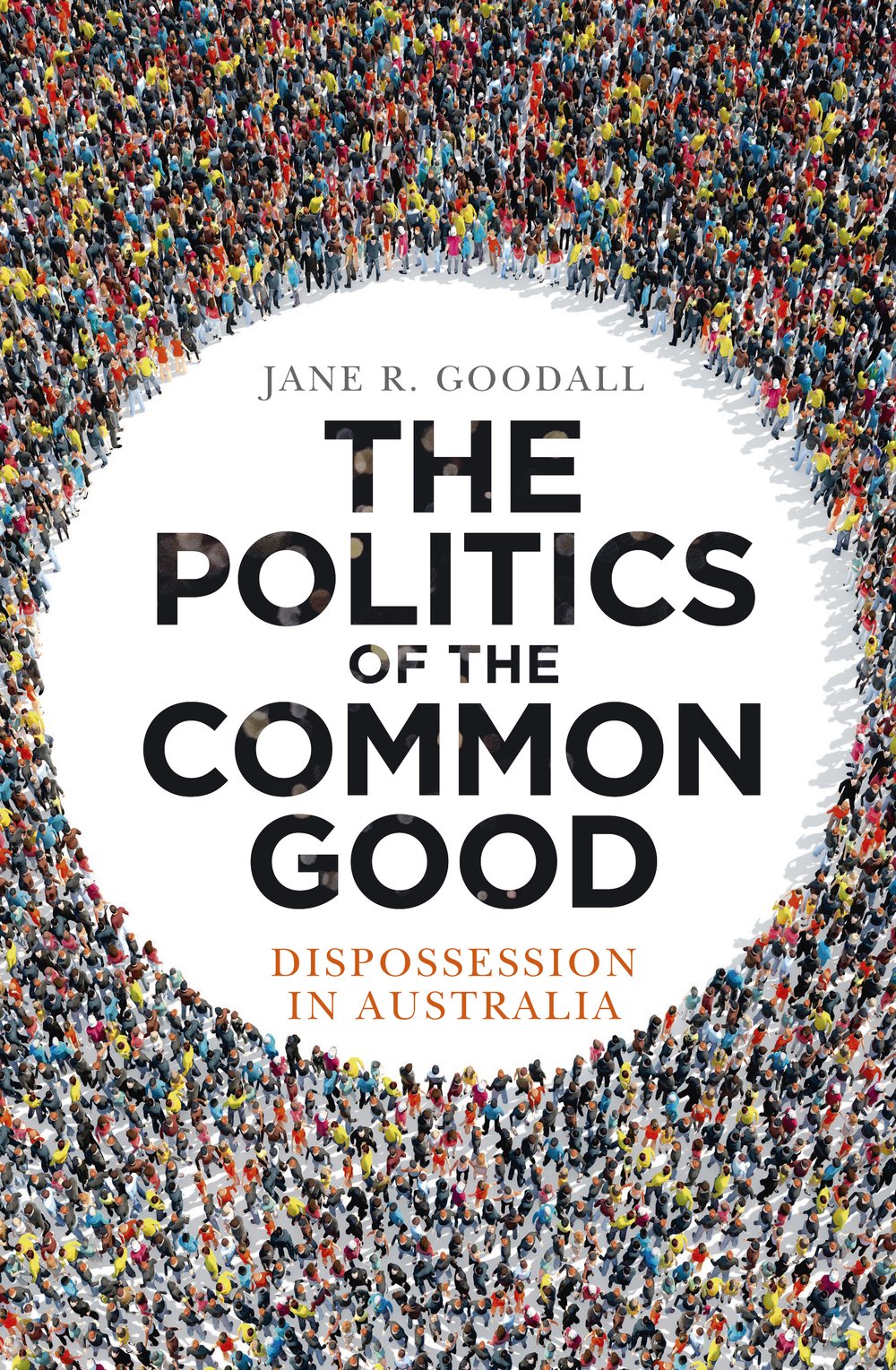Wandering between two worlds, one dead, the other powerless to be born
Matthew Arnold, ‘Stanzas from the Grande Chartreuse’
The outcome of the last federal election in Australia has left many people shocked and dispirited. It was not just a matter of one side of politics prevailing over another. There were principles at stake that are fundamental to our democracy and to our ‘common wealth’ in the widest and most enduring sense of that term.
An aggressive campaign on the part of coalition, with a key role played by mining magnate Clive Palmer, succeeded in persuading the electorate that their future livelihoods depended on an economic system that favours corporate profit, turns a blind eye to planetary devastation and drives the vast majority of ordinary citizens into conditions of austerity. Is it impossible to change this scenario?
Or rather, as this book argues, have we got to a stage where the changes called for are much larger than anything that might be accomplished through a change of government? Any radical transformation of our political culture requires a commitment that runs stronger and deeper than the tides that turn at elections.
The sense of wandering between a moribund past and an unborn future was captured by English poet Matthew Arnold, as he reflected on the cultural deadlocks of the Victorian era. Over a century later, his words were echoed by Antonio Gramsci, writing from a fascist prison in 1930:
The crisis consists precisely in the fact that the old is dying and the new cannot
be born; in this interregnum a great variety of morbid symptoms appear.
There are moments in history when the interregnum Gramsci describes carries with it a widespread and urgent longing for sweeping transformation.
Surely we are at such a moment. Neoliberal orthodoxy with its economic credo continues to inspire government policies that play out through ever more radical cuts to public services and civic institutions. The dispossessed society is the inevitable outcome. A decade after the global financial crisis of 2007–08, we have yet to shake off its hold on our economy and our culture.
A politics of change is my concern here and it involves strategic responses born of truly radical thinking. The Australian situation is my primary focus, but our models of government are derived from British and American traditions. An inquiry into the politics of the common good will gain no traction without an awareness of the extent to which Australian government policies continue to be imported from Britain and the United States. I want to highlight both the extent of the replication and the reasons for it.
This means going into the history of the commons and its changing significance, but this is history as backstory. Political culture is a maze whose walled pathways are built up over generations and centuries. The walls prevent us from seeing where we are going and the twists and turns cause us to forget where we have been. It gives us the illusion of having travelled long distances while leading us around in circles, so we keep returning to the same junctures, yet fail to recognise them.
However urgent your predicament, you cannot fight your way out of a maze by running at the walls. You have to try and retrace your steps, and that involves the slow and careful work of recall.
If we remain wandering between worlds, failing to discover an emerging story, this may be the reason. Stories do not emerge out of nothing. Enduring stories strong enough to be a formative influence on cultural consciousness have their roots in the deeper geological strata of tradition: story and history, as the words suggest, are profoundly related. The story of the commons is one we have forgotten how to tell.
‘Like the baker’s blinkered horse we cannot look behind,’ writes historian Bruce Pascoe, whose book Dark Emu offers a radical change of perspective on the pre-colonial commons of Aboriginal Australia. Pascoe is scathing about the politically motivated amnesia. ‘First nations land management, finely tuned over 100,000 years,’ he says, ‘might have the ability to clear the fog from our brain.’
On the opposite side of the picture, and in contrast to the colonial perspective, an account of the British history of land rights may also help to clear the fog. Those responsible for the destruction of Aboriginal heritage brought with them the scars of their own broken tradition, one in which ancient land rights had been cruelly suppressed, and with them a communal heritage that might yet prove to be the way forward from our present impasse.
Jane R. Goodall's book The Politics of the Common Good: Dispossession in Australia will be published by NewSouth in August 2019.

